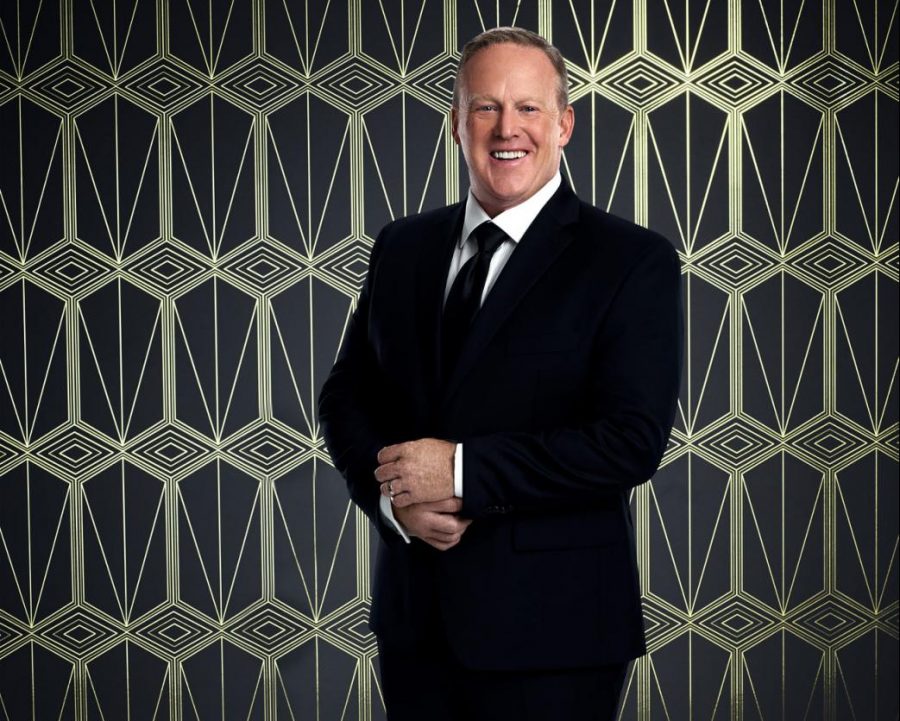A YouTube video surfaced of new Saturday Night Live hire Shane Gillis using racist slurs to refer to Chinese people, all while Saturday Night Live announced their first Chinese-American cast member, Bowen Yang. It did not take long after these revelations for Shane Gillis to be “cancelled.” In the wake of Gillis’ hiring and subsequent firing from Saturday Night Live, there has been a lot of buzz surrounding the idea of “cancel culture,” including criticism of this concept.
So, what is cancel culture? In the most general terms, it is when a person has been outed for doing or saying something that in the public eye is seen as wrong, and the public calls for them to be “cancelled” — in other words, blacklisted. This process is rapid, and it can feel as though you find out someone has been cancelled before you even know why. It draws criticism because it does not allow for conversations to be had or for the person accused to give their side of the story before their career is seemingly ruined. While some may find this to be beneficial, I question it. As prevalent as cancel culture is in 2019, is it really working?
While it is too soon to evaluate the fate of Gillis, we can go back to plenty of celebrities and public figures who have been cancelled, but not really. Kevin Hart drew criticism in the wake of the announcement that he would be hosting the 91st Academy Awards. After this announcement, past homophobic tweets of Hart’s were brought up, and just as soon as it was announced he would be the host, there was an announcement that Hart would be stepping down from the gig. By definition, Hart was cancelled, but what did that lead to? In April, Hart’s comedy special “Irresponsible” was released on Netflix, and he currently has movies in production. It seems his career is doing perfectly fine. So, did his cancellation destroy him? No — it simply led to people rightfully questioning what the lines of comedy should be.
This leads me to Lena Dunham, a woman who frequently appears in the news with something problematic she has said or done. She is well known for her HBO series “Girls” as well as her feminist identity. From questionable statements about wishing she had had an abortion, to criticizing Odell Beckham Jr. because he didn’t seem to be into her, to the support of a writer accused of sexual assault, it seems that scandals follow Dunham wherever she goes. There are constant apologies, and clarification of statements, all while Twitter calls for her cancellation, but it never seems to happen. In fact, Dunham’s career is doing quite well, and she recently announced the launch of a production company. Despite the criticism and her multiple cancellations, it does not appear that Lena Dunham is going anywhere.
There are many other celebrities, public figures and social media stars that have been cancelled, yet there they are, back to their careers and unscathed by their public cancellation. Where is Sean Spicer, the former White House Press Secretary who continually lied for the Trump administration? Surely he was cancelled after he left the White House, right? He is now dancing his heart out on “Dancing with The Stars,” a primetime television show broadcast across the nation, essentially giving Spicer a chance to redeem himself in the eyes of the American public.
The critique of cancel culture is often that people act quickly and supposedly do not give enough time to the issues at hand. In Gillis’ case there were many discussions before Saturday Night Live even announced his firing. Celebrities are cancelled quickly — not because people don’t give it a second thought, but because the world we live in is fast-paced. Once a person has been sufficiently shamed, we move on to the next story and said person slowly and quietly moves back into the public’s good graces.
Cancel culture is not actually working, but I think it should. It is time that people are actually held accountable for their actions, and this means not forgetting about what they have done just because it is no longer trending. It means holding the person accountable and also holding those that continue to give these people a platform accountable. Let’s move away from problematic celebrities and open the door for more creative voices that have not publicly made racist statements. If you tune into the new season of SNL, watch for Yang instead of thinking about how unfair it was for Gillis to be fired. Sometimes people deserve to be cancelled, but most of the time, they are not actually cancelled. So, next time you get angry about whoever the internet decided to cancel that week, check back in a few months, and I’m sure they’ll be fine.
Shona McMorrow can be reached at [email protected].




















Tyler Durden • Sep 24, 2019 at 5:03 pm
“Cancel culture is not actually working, but I think it should”. Is Justin Trudeau cancelled as well? Or he doesn’t count because he is woke…. Cancel culture is the product of millennial whining, welcome to the 21st century Salem witch trials. Want more Donald Trumps? Because the ideas presented in this article are causing the culture that creates figures like him.
John Kernan • Sep 24, 2019 at 1:39 pm
nah.